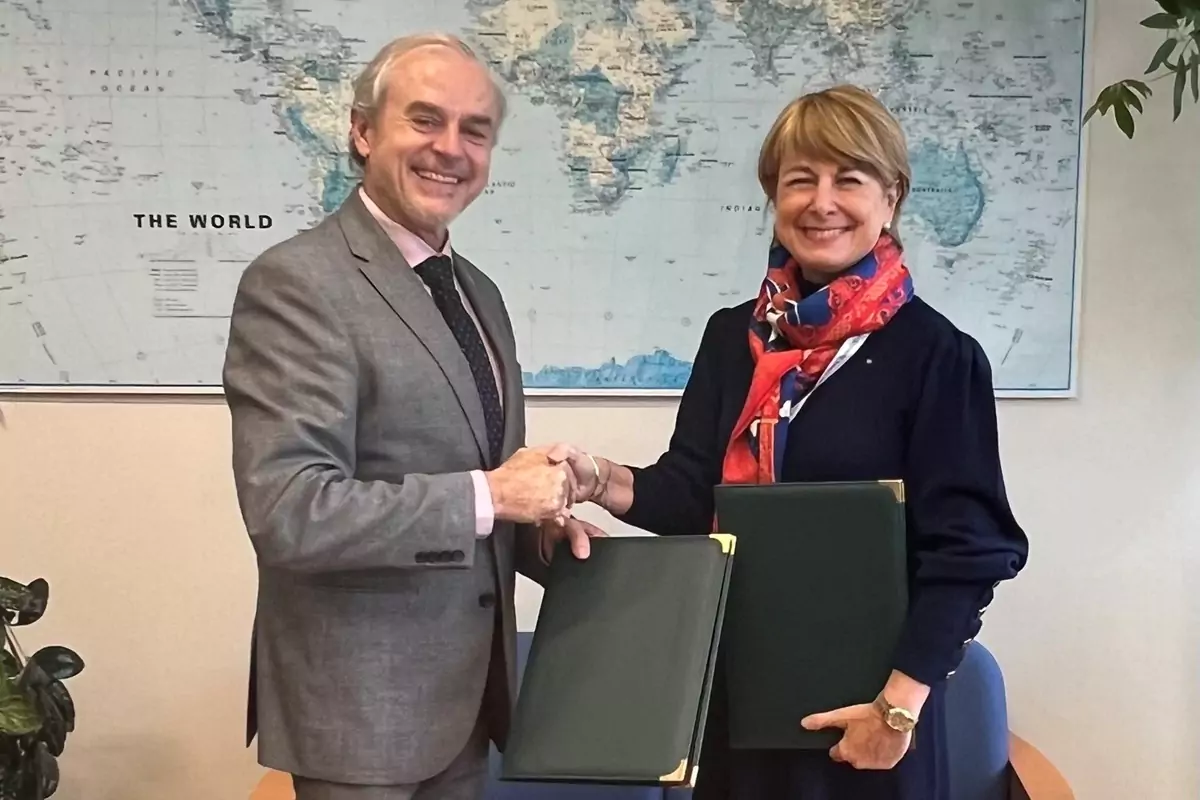Monaco has once again demonstrated its dedication to combating global financial crime by renewing its support for the United Nations’ Global Programme to Combat Money Laundering, Proceeds of Crime and the Financing of Terrorism. As part of this commitment, the Principality has pledged funding for key anti-terrorism and financial crime initiatives across Central Africa in the year ahead.
In recent years, the Principality has actively stepped up its efforts to eradicate money laundering and other financial dealings linked to the support of terrorism and violence on a national and international level. One such measure the Monaco Government has taken relates to the Global Programme to Combat Money Laundering, Proceeds of Crime and the Financing of Terrorism (GPML) from the United Nations Office on Drugs and Crime (UNODC).
In a formal agreement signed on 26th November by Isabelle Berro-Amadeï, Monaco’s Minister of Foreign Affairs and Cooperation, the Principality pledged to continue its funding of the programme during its 2024/25 phase, following Monaco’s support of the initial round of funding that covered the initiative’s 2022/23 rollout.
The renewed partnership will see Monaco back efforts to bolster anti-money laundering operations in a number of Central African nations, including Congo, the Democratic Republic of Congo, Chad, Cameroon and the Central African Republic. These countries face mounting challenges from organised crime, terrorism and violent extremism, all fuelled by illicit financial flows. Monaco’s assistance supports capacity-building measures aimed at disrupting these activities by enhancing the detection, tracking and recovery of criminal funds.
ONLINE TRACKING TOOLS
One of the key elements of the new phase of the GPML is the development and dissemination of an innovative online training module tailored to financial crime-fighting entities. This digital tool will empower law enforcement, financial institutions and other stakeholders to better identify and trace suspicious transactions tied to money laundering and terrorist financing. The tool will also target a spectrum of criminal activities, from drug trafficking and corruption to environmental crimes and the financing of armed terrorist groups.
MONACO UNDER PRESSURE
The Principality itself has been under scrutiny for these types of activities after being placed on the Financial Action Task Force’s (FATF) grey list in June of this year for what the intergovernmental organisation says is insufficient action to stop money laundering linked to fraud committed overseas or to seize illegal assets.
Samuel Vuelta Simon, Monaco’s recently appointed Director of the Judicial Services, aims to change that view.
At a recent Monaco Press Club meeting, he explained his motivation for wanting the job, saying, “The addition of Monaco to the FATF grey list encouraged me. I remain convinced that the fact that Monaco is being questioned by the international community on money laundering is an opportunity to work to raise standards, at the level of all countries, and to ensure that the somewhat degraded image is restored.”
Monaco’s renewed commitment to the GPML signals a broader message—that addressing transnational crime is a shared responsibility.
Read related:
After “grey list” setback, Monaco intensifies anti-money laundering campaign
Monaco Life is produced by real multi-media journalists writing original content. See more in our free newsletter, follow our Podcasts on Spotify, and check us out on Threads, Facebook, Instagram, LinkedIn and Tik Tok.
Photo source: Monaco Communications Department
